
Midoun: The Jewel of Djerba
Nestled on the island of Djerba, Midoun is a picturesque neighbourhood that combines the best of Tunisian culture, history, and natural beauty. This enchanting area is renowned for its traditional markets, known as souks, where you can find everything from intricate handicrafts to fragrant spices. Strolling through these bustling markets offers a sensory feast and a glimpse into the daily life of the local community. Midoun is also home to some of the most beautiful beaches in Djerba, where turquoise waters meet pristine sands. The beaches here are perfect for sunbathing, swimming, and a variety of water sports. For those interested in history, the nearby Guellala Museum and the historic El Ghriba Synagogue offer fascinating insights into the island's rich and diverse past. Food lovers will delight in Midoun's culinary offerings. The local restaurants serve up a delectable array of dishes, from fresh seafood to traditional Tunisian fare. Don't miss the opportunity to try a brik, a local delicacy made of thin dough filled with egg, tuna, and spices. With its charming blend of culture, history, and natural beauty, Midoun is a must-visit destination for any traveler to Djerba.
Local tips in Midoun
- Visit the souks early in the morning to avoid the crowds and get the best deals.
- Bring sunscreen and a hat as the sun can be quite strong, especially on the beaches.
- Try the local delicacy brik at one of the traditional restaurants in Midoun.
- Take a guided tour to fully appreciate the history and significance of the El Ghriba Synagogue.
Midoun: The Jewel of Djerba
Nestled on the island of Djerba, Midoun is a picturesque neighbourhood that combines the best of Tunisian culture, history, and natural beauty. This enchanting area is renowned for its traditional markets, known as souks, where you can find everything from intricate handicrafts to fragrant spices. Strolling through these bustling markets offers a sensory feast and a glimpse into the daily life of the local community. Midoun is also home to some of the most beautiful beaches in Djerba, where turquoise waters meet pristine sands. The beaches here are perfect for sunbathing, swimming, and a variety of water sports. For those interested in history, the nearby Guellala Museum and the historic El Ghriba Synagogue offer fascinating insights into the island's rich and diverse past. Food lovers will delight in Midoun's culinary offerings. The local restaurants serve up a delectable array of dishes, from fresh seafood to traditional Tunisian fare. Don't miss the opportunity to try a brik, a local delicacy made of thin dough filled with egg, tuna, and spices. With its charming blend of culture, history, and natural beauty, Midoun is a must-visit destination for any traveler to Djerba.
Iconic landmarks you can’t miss
Djerba Explore Park
Experience the magic of Djerba Explore Park, a theme park blending fun, culture, and nature in Tunisia's enchanting landscape.
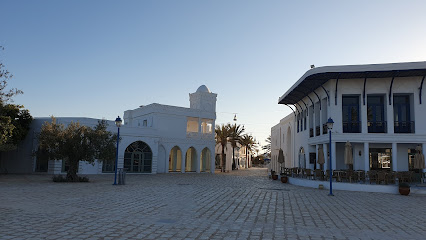
Djerba Crocodile Farm
Discover the wonders of wildlife at Djerba Crocodile Farm, where adventure and education meet in a stunning natural setting.
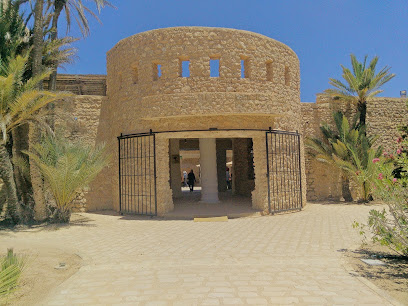
Djerbahood
Explore Djerbahood, a captivating open-air museum in Djerba showcasing vibrant street art and rich Tunisian culture.
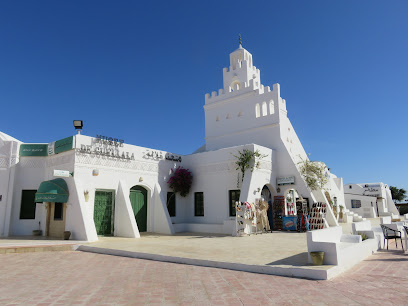
Guellala Museum
Explore the vibrant heritage of Djerba at Guellala Museum, where history, art, and culture come together in a captivating experience.
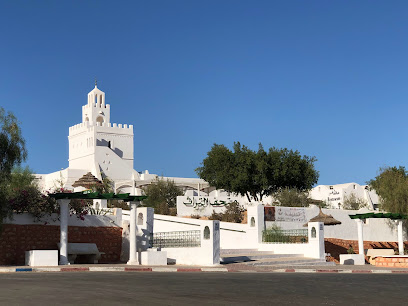
Lalla Hadria Museum
Explore the captivating history of Djerba at the Lalla Hadria Museum, a local gem showcasing Tunisia's vibrant cultural heritage.
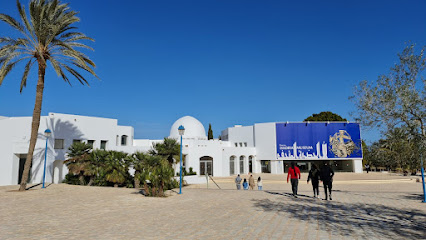
Fadhloun Mosque
Explore the serene beauty and rich history of Fadhloun Mosque, a must-visit landmark in Houmt Souk, Tunisia, reflecting the essence of Islamic architecture.
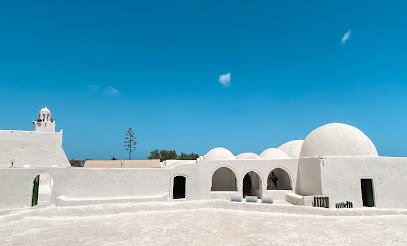
Phare De Djerbaناظور جربة
Discover the Phare De Djerba, a stunning historical lighthouse on the beautiful island of Djerba, blending culture, history, and breathtaking Mediterranean views.
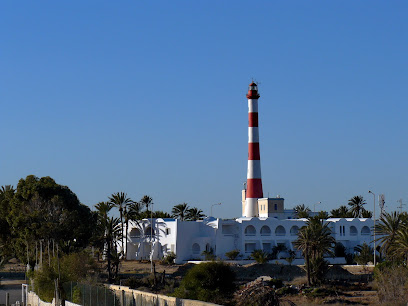
Touristique Zone
Explore the enchanting beauty and cultural richness of Touristique Zone in Aghir, a must-visit landmark for every traveler.
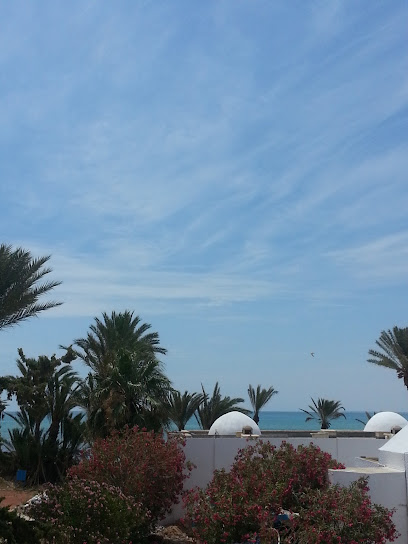
Djerba Explore Village
Explore the enchanting Djerba Explore Village, a heritage museum celebrating the rich history and culture of Djerba, perfect for family-friendly adventures.
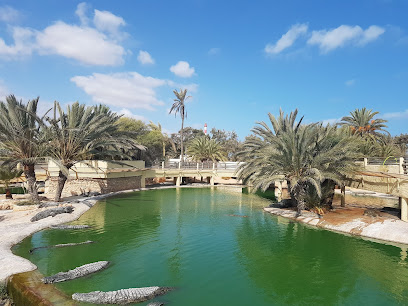
Phare Aghir djerba midoun
Discover the charm of Phare Aghir, a captivating lighthouse in Djerba, offering stunning sea views and a glimpse into Tunisia's rich maritime heritage.
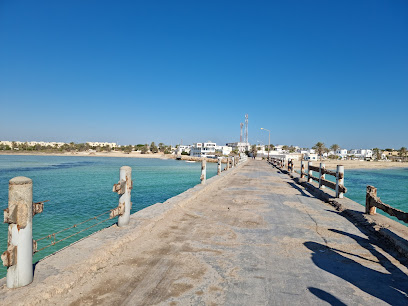
palais Ben AYED
Explore the rich heritage of Tunisia at Palais Ben Ayed, a stunning museum showcasing exquisite architecture and captivating cultural artifacts.
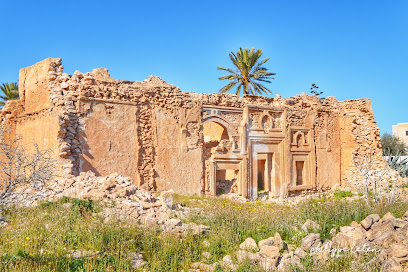
djerba
Discover the enchanting island of Djerba, Tunisia, where stunning beaches, rich history, and vibrant culture await every traveler.
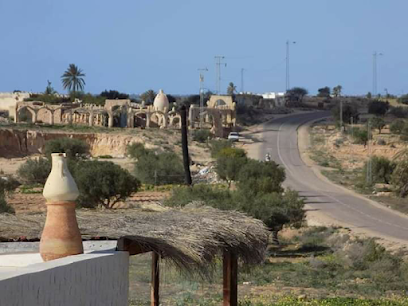
Route de phare Djerba midoun
Explore Route de Phare Djerba Midoun, where traditional craftsmanship meets modern design in an artistic paradise for tourists.
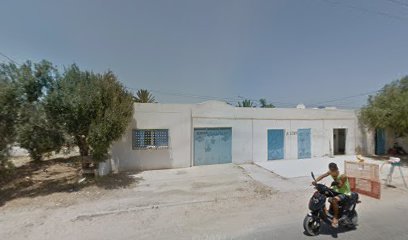
Unmissable attractions to see
Guellala Museum
Explore the captivating Guellala Museum, a gateway to the rich cultural heritage of Djerba, showcasing artifacts that reflect the island's vibrant history.
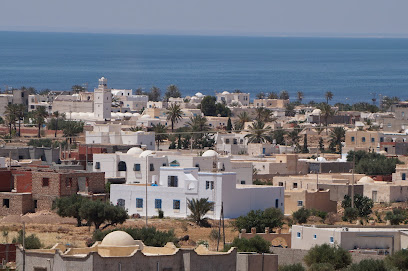
DJERBAY
Explore Djerbay, Tunisia - a picturesque destination combining stunning beaches, rich culture, and vibrant local experiences that captivate every traveler.
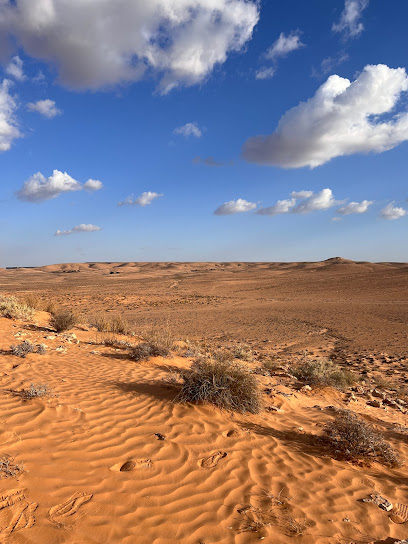
Biggest jar in the world
Experience the wonder of Tunisia at the Biggest Jar in the World in Guellala, a stunning showcase of art and culture that captivates every visitor.
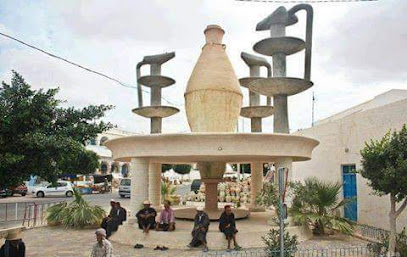
djerba
Experience the rich culture and stunning beauty of Djerba, a captivating island destination in Tunisia known for its beaches, history, and vibrant local life.
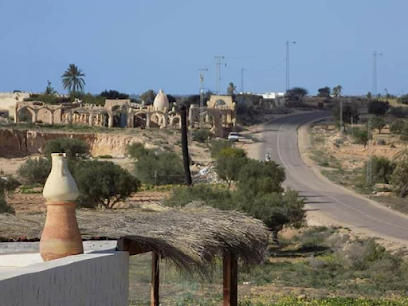
place of shows
Experience the vibrant culture of Tunisia at Djerba Midun, a must-visit tourist attraction featuring captivating shows and rich heritage.
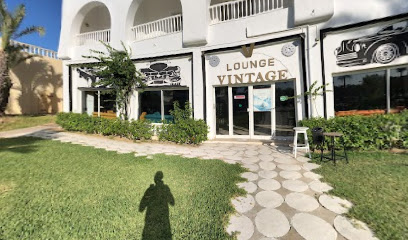
observation deck
Explore the stunning observation deck in Djerba Midun for breathtaking views of the Mediterranean and the island's enchanting landscapes.

Essential places to dine
Restaurant chez Moktar-مطعم المختار
Experience authentic Tunisian cuisine at Restaurant chez Moktar in Djerba—where every dish is a celebration of flavor and tradition.
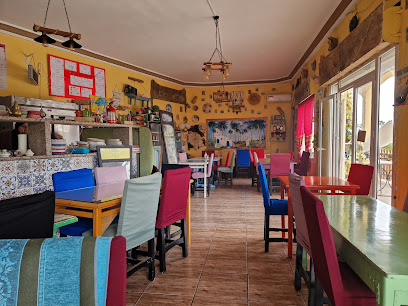
Restaurant Lella Hadhria
Experience the essence of Tunisian cuisine at Restaurant Lella Hadhria in Midoune – a delightful blend of tradition and flavor awaits you.
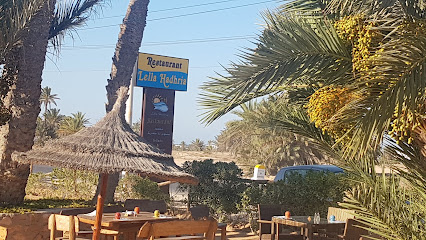
Restaurant Fatroucha
Savor authentic Tunisian cuisine at Restaurant Fatroucha in Djerba Midun - where every dish tells a story.
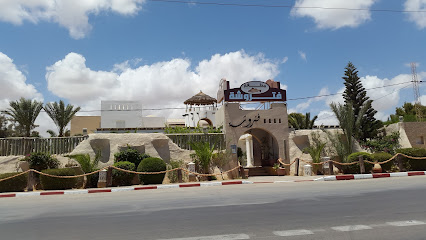
La Bohème
Discover the authentic taste of Tunisia at La Bohème in Djerba Midun - where every dish tells a story.
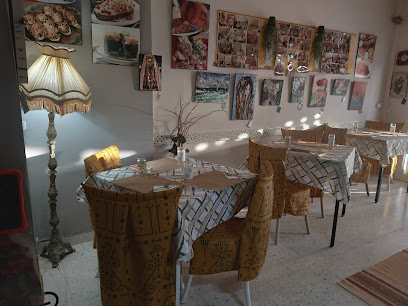
Le Bistrot Djerba
Discover authentic Tunisian flavors at Le Bistrot Djerba – where culinary tradition meets warm hospitality in a charming bistro setting.
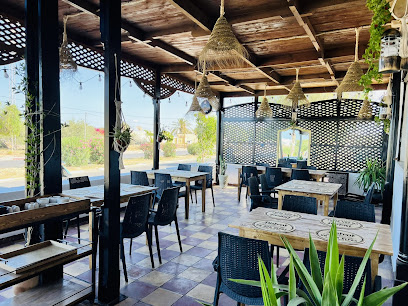
Restaurant El Houch-مطعم الحوش
Experience authentic Tunisian cuisine at Restaurant El Houch in Djerba Midun, where every meal is a celebration of local flavors.
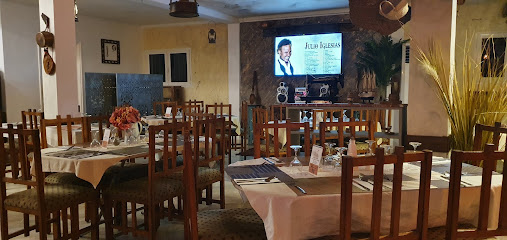
Restaurant lella esannefa
Experience authentic Tunisian flavors at Restaurant Lella Esannefa in Djerba Midoun - where every meal is a journey into local cuisine.
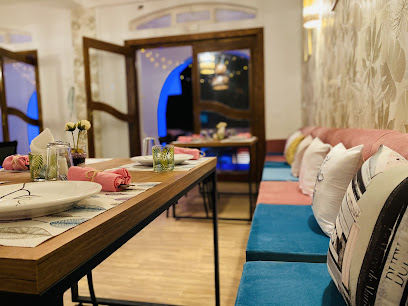
Restaurant am salah
Discover authentic Tunisian cuisine at Restaurant am Salah in Djerba Midun - a delightful culinary escape awaits you.
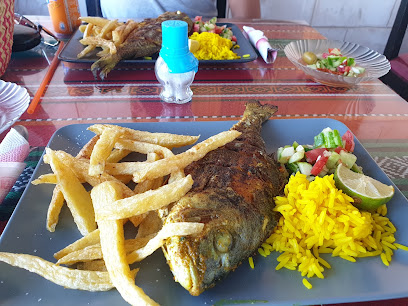
Restaurant Darkom
Experience authentic Tunisian cuisine at Restaurant Darkom in Djerba Midun—where every dish tells a story of flavor and tradition.
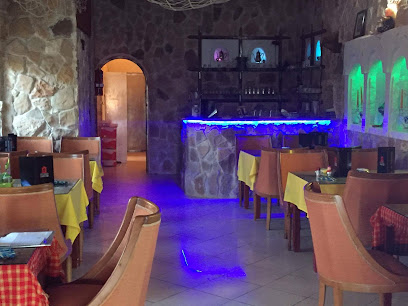
Padella Djerba
Experience authentic Tunisian flavors at Padella Djerba in Midoun - where culinary tradition meets warm hospitality.
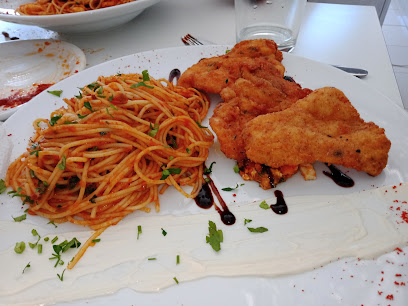
Markets, malls and hidden boutiques
Adam Shopping Center
Explore the Adam Shopping Center: A unique blend of local crafts and modern shopping in the heart of Djerba Midun.
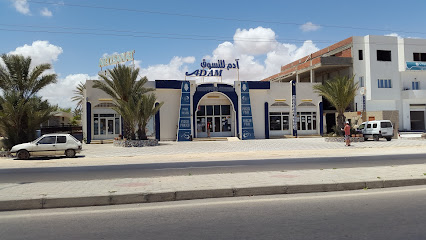
La Gazelle Shopping Center& vape store
Discover La Gazelle Shopping Center in Djerba, a vibrant shopping mall offering diverse retail, dining, and entertainment options for an unforgettable visit.
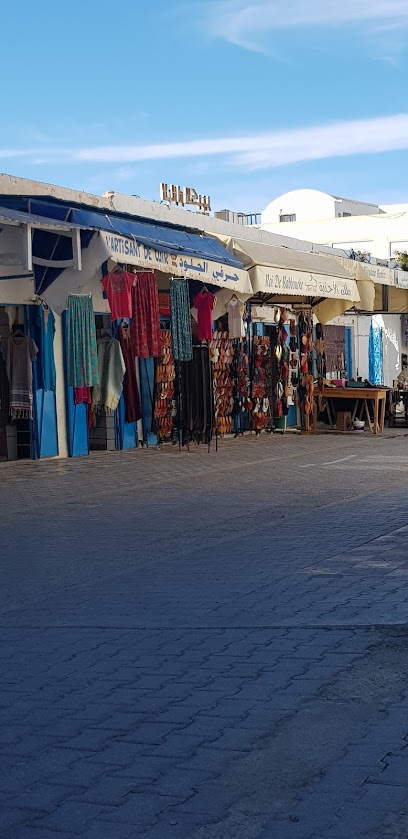
Artisanette shopping
Explore Artisanette in Djerba for exquisite handicrafts and unique gift baskets that reflect the island's rich cultural heritage, perfect for souvenirs.
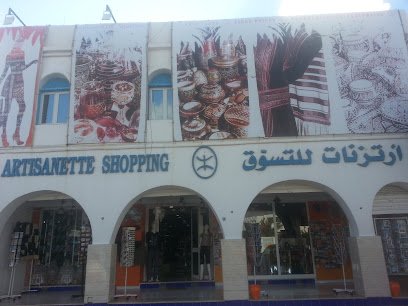
chichkhan store
Explore the vibrant craftsmanship at Chichkhan Store in Djerba, where local clothing and handicrafts come to life.
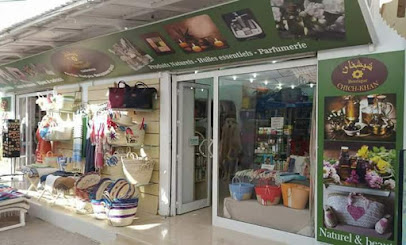
Madina Centre A Cotè De Carrefour Express
Explore the diverse offerings at Madina Centre, Djerba's premier gift shop for clothing, jewelry, and local crafts.
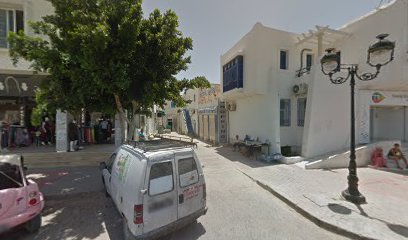
Article traditionnel chez mandhouj
Explore the vibrant culture of Tunisia at Article Traditionnel chez Mandhouj, where unique gifts and traditional crafts inspire unforgettable memories.
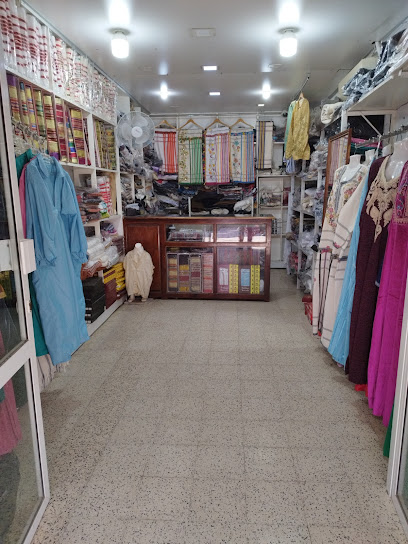
La boîte à secrets Djerba
Explore La boîte à secrets Djerba, a vibrant gift shop in the heart of Djerba Mall, offering unique Tunisian crafts and souvenirs.
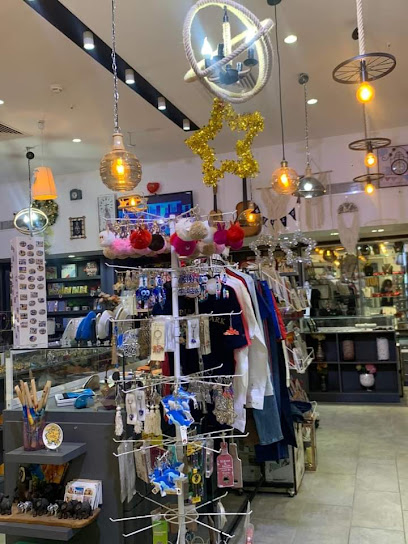
Shopping center
Explore Djerba Midun's shopping center for unique gifts, local crafts, and a vibrant Tunisian cultural experience.
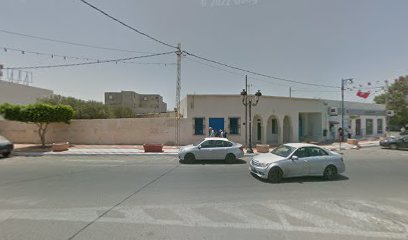
Boutique Bago Midoun
Experience the charm of Djerba at Boutique Bago Midoun - a shopping paradise infused with local culture and delicious cuisine.
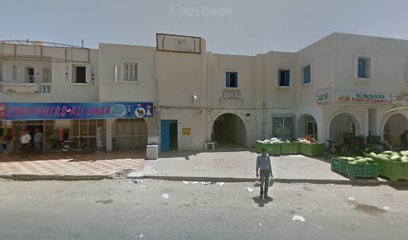
Épices Midoun Karthago
Discover the essence of Tunisia at Épices Midoun Karthago, your go-to gift shop for authentic spices and handcrafted souvenirs.
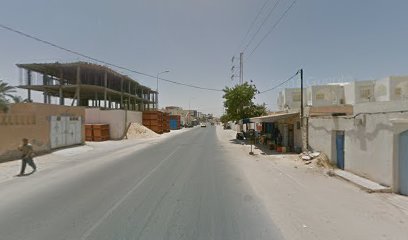
Essential bars & hidden hideouts
Plaza Sea Lounge Djerba
Enjoy stunning sea views and vibrant nightlife at Plaza Sea Lounge Djerba, a perfect bar for tourists seeking relaxation and entertainment.
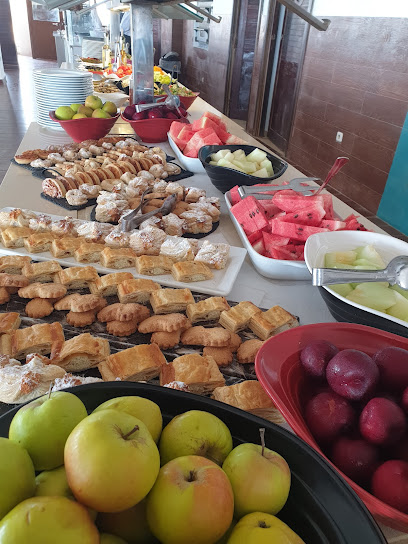
Coco Loco
Experience the vibrant nightlife at Coco Loco, a lively bar in Djerba Midun, where local charm meets refreshing drinks and great entertainment.
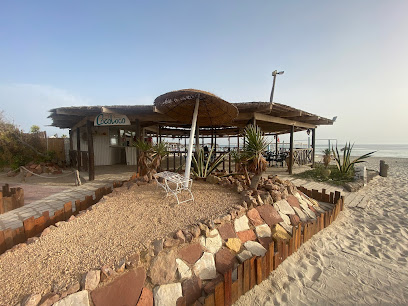
JOBI -DJERBA
Experience the unique vibes of JOBI -DJERBA, a lounge in Djerba Midun offering delightful snacks and beverages in a cozy atmosphere.
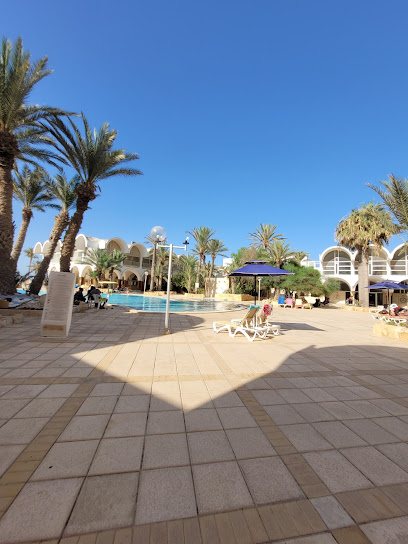
DOMINO'S PUB
Discover the lively charm of Domino's Pub in Djerba, where local culture meets a vibrant atmosphere for an unforgettable night out.

gooal.tn
Discover Gooal.tn, Djerba's ultimate sports bar, where every match is an event and every visit is a celebration of sports and camaraderie.
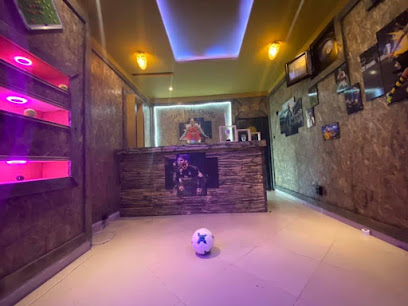
Coco bar
Discover the vibrant Coco Bar in Djerba Midun, where refreshing drinks and a lively atmosphere create unforgettable evenings.
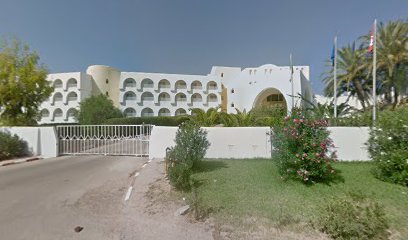
Buzzles Club Djerba
Experience the vibrant nightlife at Buzzles Club Djerba, a fusion of bar, lounge, and restaurant set in the heart of Tunisia's picturesque island.
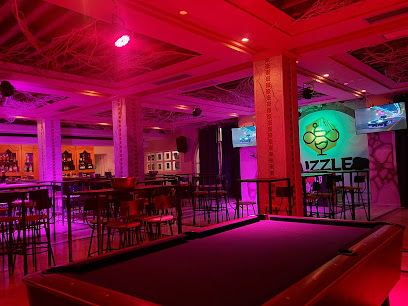
The Sunrise Bar (Mouradi Djerba Menzel)
Experience tranquility and local charm at The Sunrise Bar in El Haddad, where breathtaking views meet refreshing drinks.
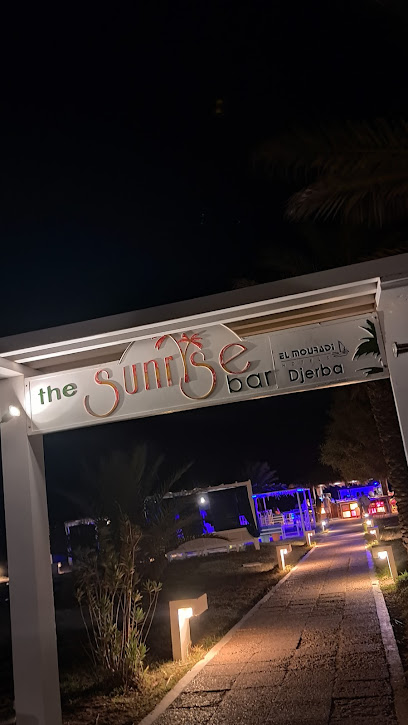
Lotos bar
Experience the vibrant nightlife of Djerba Midun at Lotos Bar, a charming spot for cocktails and cultural connections.
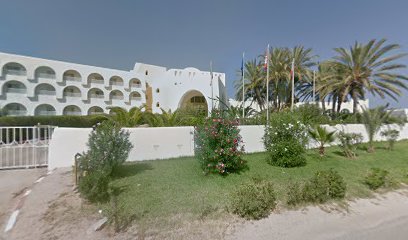
The Didon Bar Djerba
Discover the lively ambiance of The Didon Bar in Djerba, where local culture and nightlife come together for an unforgettable experience.

Local Phrases
-
- Helloمرحبا
[marhaba] - Goodbyeوداعا
[wadaan] - Yesنعم
[naam] - Noلا
[la] - Please/You're welcomeمن فضلك
[min fadlik] - Thank youشكرا
[shukran] - Excuse me/Sorryعفوا
[afwan] - How are you?كيف حالك؟
[kayf halak?] - Fine. And you?بخير. وأنت؟
[bkheir. wa ant?] - Do you speak English?هل تتحدث الإنجليزية؟
[hal tatahadath al'inglizia?] - I don't understandلا أفهم
[la afham]
- Helloمرحبا
-
- I'd like to see the menu, pleaseأريد أن أرى القائمة، من فضلك
[urid an ara alqa'ima, min fadlik] - I don't eat meatأنا لا آكل اللحم
[ana la akul allahm] - Cheers!في صحتك!
[fi sahtak!] - I would like to pay, pleaseأريد أن أدفع، من فضلك
[urid an adfa', min fadlik]
- I'd like to see the menu, pleaseأريد أن أرى القائمة، من فضلك
-
- Help!النجدة!
[annajda!] - Go away!انصرف!
[ansarif!] - Call the Police!اتصل بالشرطة!
[atassil bialshurtah!] - Call a doctor!اتصل بطبيب!
[atassil bitabib!] - I'm lostلقد ضللت الطريق
[liqad dalalt altariq] - I'm illأنا مريض
[ana mareed]
- Help!النجدة!
-
- I'd like to buy...أود أن أشتري...
[awad an ashtari...] - I'm just lookingأنا فقط أتطلع
[ana faqat atata'la] - How much is it?بكم؟
[bikam?] - That's too expensiveهذا غالي جدا
[hatha ghali jiddan] - Can you lower the price?هل يمكنك خفض السعر؟
[hal yumkinuk kaff alsi'r?]
- I'd like to buy...أود أن أشتري...
-
- What time is it?كم الساعة؟
[kam alsaa'a?] - It's one o'clockالساعة الواحدة
[alsaa'a alwahida] - Half past (10)النصف بعد العاشرة
[alnusf ba'd alaashirah] - Morningصباح
[sabah] - Afternoonمساء
[masa'] - Eveningمساء
[masa'] - Yesterdayأمس
[ams] - Todayاليوم
[alyawm] - Tomorrowغدا
[ghadan] - 1واحد
[wahid] - 2اثنين
[ithnayn] - 3ثلاثة
[thalatha] - 4أربعة
[arba'a] - 5خمسة
[khamsa] - 6ستة
[sitta] - 7سبعة
[sab'a] - 8ثمانية
[thamania] - 9تسعة
[tis'a] - 10عشرة
[ashara]
- What time is it?كم الساعة؟
-
- Where's a/the...?أين ال...؟
[ayn al...?] - What's the address?ما هو العنوان؟
[ma huwa alaunwan?] - Can you show me (on the map)?هل يمكنك أن تريني (على الخريطة)؟
[hal yumkinuk an tarini (ala alkhareeta)?] - When's the next (bus)?متى يصل الحافلة التالية؟
[mata yusil alhafilat altaliyah?] - A ticket (to ....)تذكرة (إلى ....)
[tadhkirah (ila ....)]
- Where's a/the...?أين ال...؟
History of Midoun
-
Midoun, like much of Djerba, has roots that trace back to the Berber tribes who inhabited the island long before the arrival of the Phoenicians and Romans. The Berbers established settlements in this fertile region, utilizing the land for agriculture and trade. The cultural influences of these early inhabitants are still evident in Midoun's traditions and local dialect.
-
During the Roman Empire, Djerba became an important trading hub due to its strategic location in the Mediterranean. Midoun, benefiting from this trade, saw increased economic activity and the establishment of villas and farms. The remnants of Roman architecture and artifacts found in the area serve as a testament to this prosperous period.
-
The Islamic conquest in the 7th century marked a significant shift in the cultural landscape of Djerba, including Midoun. The integration of Arab culture brought new architectural styles, agricultural practices, and religious influences. The coexistence of various communities, including Berbers, Arabs, and Jews, fostered a unique cultural tapestry that continues to characterize Midoun today.
-
Midoun is notable for its historical Jewish community, which has roots dating back to antiquity. The presence of synagogues and historical sites, such as the El Ghriba Synagogue, highlights the rich Jewish heritage in the area. This community has contributed to the cultural diversity of Djerba, influencing local customs, cuisine, and festivals.
-
In recent decades, Midoun has transformed into a prominent tourist destination, attracting visitors with its beautiful beaches, traditional markets, and vibrant culture. The development of hotels and resorts has led to an economic shift, with tourism becoming a vital part of Midoun's economy. Efforts to preserve the area's historical and cultural identity continue alongside modernization.
Midoun Essentials
-
Midoun is easily accessible from various parts of Djerba. From Houmt Souk, the island's capital, you can take a taxi or a local bus (taxis are more convenient but pricier) which typically takes around 20-30 minutes. Public buses run frequently between Houmt Souk and Midoun, offering a budget-friendly option. If you're arriving from Djerba–Zarzis International Airport, taxis are available and will take approximately 30 minutes to reach Midoun.
-
Midoun is a small and walkable town, making it easy to explore on foot. For longer distances, local taxis are readily available. Alternatively, you can rent bicycles from local shops to discover the scenic landscapes at your own pace. Buses connect Midoun to other towns and villages on the island, providing an economical means of transport.
-
Midoun is generally safe for tourists, but it is advisable to remain vigilant. Avoid poorly lit areas at night and keep an eye on your belongings in crowded places. While there are no specific high-crime areas targeting tourists, petty crime can occur, particularly in crowded marketplaces.
-
In case of emergency, dial 190 for police assistance or 190 for ambulance services. The local hospital and clinics are equipped to handle minor to moderate medical issues. It is advisable to have travel insurance that covers medical emergencies. Pharmacies are available in Midoun for over-the-counter medications.
-
Fashion: Do dress modestly, particularly when visiting mosques or rural areas. Avoid revealing clothing. Religion: Do respect local customs and practices; it’s polite to greet with 'As-salamu alaykum.' Public Transport: Do give up your seat to the elderly; don’t eat or drink on public transport. Greetings: Do greet locals with a handshake; avoid overly personal questions. Eating & Drinking: Do try local dishes like brik and couscous; don’t refuse food or drink offered to you, as it is seen as disrespectful.
-
To experience Midoun like a local, visit the souks (markets) for authentic crafts and fresh produce. Engage with local vendors, who are often eager to share stories. Try to learn a few phrases in Arabic or French, as it helps build rapport. Don’t miss the nearby beaches, which are less crowded than those in Houmt Souk, and consider visiting local cafes to savor traditional mint tea.
-
Understanding local customs can enhance your experience. During Ramadan, it is respectful to refrain from eating or drinking in public during daylight hours. When visiting homes, it's customary to remove your shoes at the entrance. Always ask before taking photographs of locals or their property.
Nearby Cities to Midoun
-
Things To Do in Sfax
-
Things To Do in Sabratha
-
Things To Do in Monastir
-
Things To Do in Tripoli
-
Things To Do in Sousse
-
Things To Do in Tozeur
-
Things To Do in Hammamet
-
Things To Do in Leptis Magna
-
Things To Do in Tunis
-
Things To Do in Zliten
-
Things To Do in Xlendi
-
Things To Do in Rabat
-
Things To Do in Mgarr
-
Things To Do in Xewkija
-
Things To Do in Gozo









